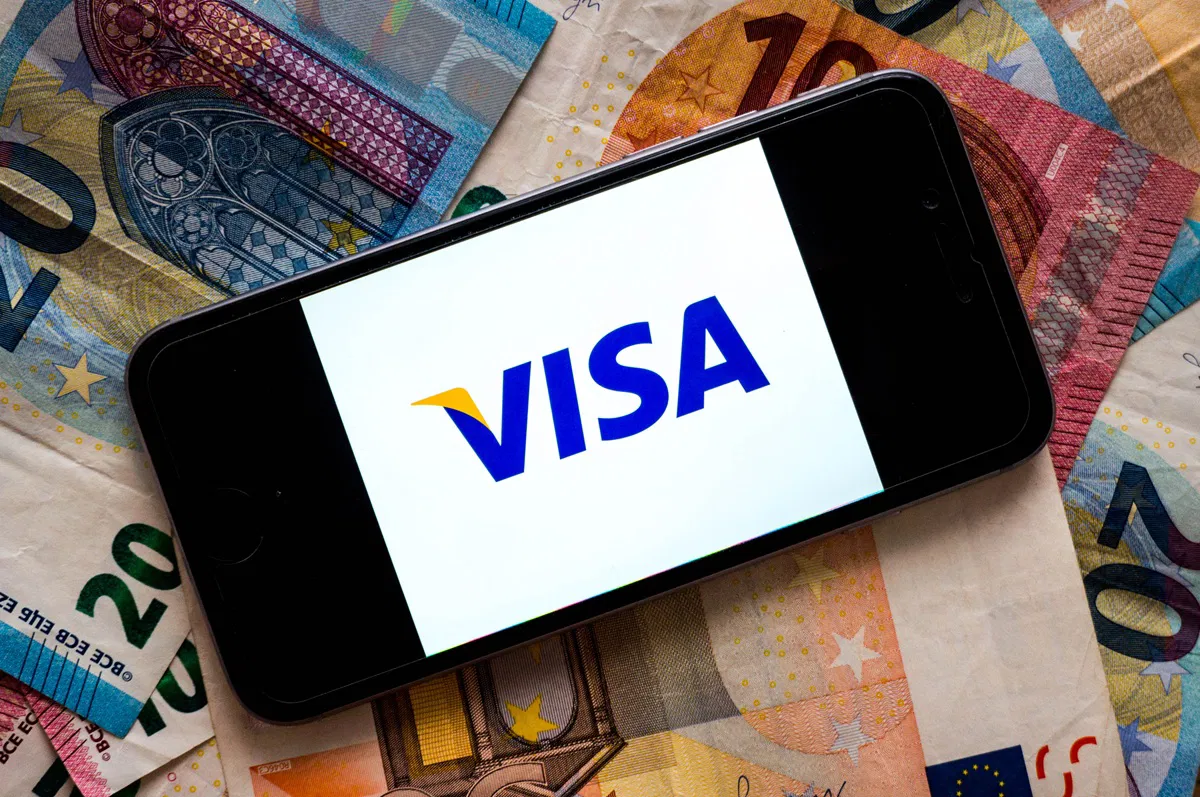Copyright euroweeklynews

You grab a quick coffee, hand over your card and hear the dreaded words: “Sorry, card payments from €10.” Sound familiar? It’s something you’ll see all over Spain, from small cafés to tiny corner shops – and it always sparks the same question: is that even legal? The truth is, it’s a bit more complicated than a simple yes or no. As more people ditch cash for cards and mobile payments, small businesses are still trying to keep up – and to stay afloat. Every card payment comes with a fee, and for shops selling low-cost items, those costs quickly add up. But does that mean they can set their own rules? Not entirely. Spanish law does allow it – but only if it’s done the right way. Yes, they can set a minimum – but they have to tell you first Under Spain’s Law on Payment Services, which came into force in November 2018, shops are allowed to set a minimum amount for card payments. But they can’t just spring it on you at the counter – the rule has to be clearly displayed. So, if a bakery says ‘Card payments from €5’ and you can see it near the till, that’s legal. If they suddenly refuse your card without warning, it’s not. What’s definitely not allowed is charging you more just because you’re using a card. Adding a ‘card fee’ is completely illegal, no matter how small the business. The law also gives shops a little flexibility: for purchases under €30, they can ask for cash. Once the amount is higher, they have to accept card payments. It’s all meant to find a middle ground – letting small shops manage their costs without leaving customers stuck with no way to pay. What about ‘cash only’ shops? You’ve probably seen the signs – ‘Solo efectivo’ or ‘Cash only.’ They’re common in family-run bars, bakeries and small neighbourhood stores. And yes, they’re legal too, as long as the rule is clearly visible before you buy anything. If you only find out when it’s time to pay, that’s when it becomes a problem. Not telling customers in advance can be considered misleading under Spain’s consumer protection laws. Many small business owners say it’s not about being difficult – it’s about survival. Card reader fees, monthly charges, and slow payment processing can make a big difference when you’re selling items that cost a couple of euros. Cash, for them, is still simpler and cheaper. Cash might be fading, but it’s still protected by law It’s no secret that Spain is becoming more digital. Contactless payments are everywhere, and for a lot of people, carrying coins and notes feels old-fashioned. But not everyone’s ready to give up cash — and they don’t have to. By law, cash remains a valid form of payment across Spain. Shops can’t refuse it unless they’ve clearly said so beforehand. That means if there’s no sign saying “card only”, you’re within your rights to pay in cash. It’s a reminder that as much as technology changes how we spend, the law still protects choice – for both businesses and consumers. So next time a café tells you “card from €10 only”, just check the sign. If it’s there, fair enough. If it’s not, you can politely remind them what the law says. Spain’s payment laws aren’t about making life difficult – they’re about making it clear. Because at the end of the day, whether you’re paying with coins or a tap of your phone, the only thing that really matters is knowing where you stand. Stay tuned with Euro Weekly News for more news from Spain



